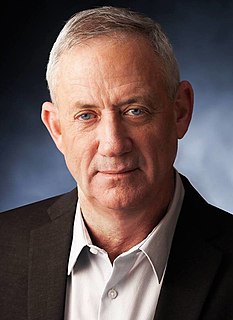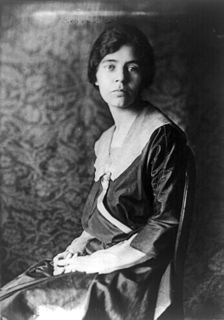A Quote by Benny Gantz
We are part of an inspiringly colorful mosaic of cultures and traditions. I will nurture this pluralism.
Quote Topics
Related Quotes
I think traditions change and modify with each generation. With new members joining the family, their customs and traditions have to be respected and combined with the exiting traditions. And the children that follow are part of that new evolving tradition and, as they grow, will have input that will, in turn, continue to evolve that tradition.
Religion is important for humanity, but it should evolve with humanity. The first priority is to establish and develop the principle of pluralism in all religious traditions. If we, the religious leaders, cultivate a sincere pluralistic attitude, then everything will be more simple. It is good that most religious leaders are at least beginning to recognize other traditions, even though they may not approve of them. The next step is to accept that the idea of propagating religion is outdated. It no longer suits the times.
When I came here [to Malaysia] I heard that there is a problem with the concept of pluralism whereby pluralism is understood in a very narrow way, which I think is wrong. This is not to diminish your sense of truth in what you believe but to acknowledge the fact that we live in a world where we need to deal with pluralism. It's a fact.
Over time, years of meditation gave me glimpses of the interconnectedness and interdependence of all life. I experienced that on one level we are alone, separate, apart from everyone and everything; on another level, we are the Self in different disguises, different names and forms, a part of everyone and everything. This experience of interconnectedness is part of spiritual traditions and the perennial wisdom in virtually all religions and cultures.

































